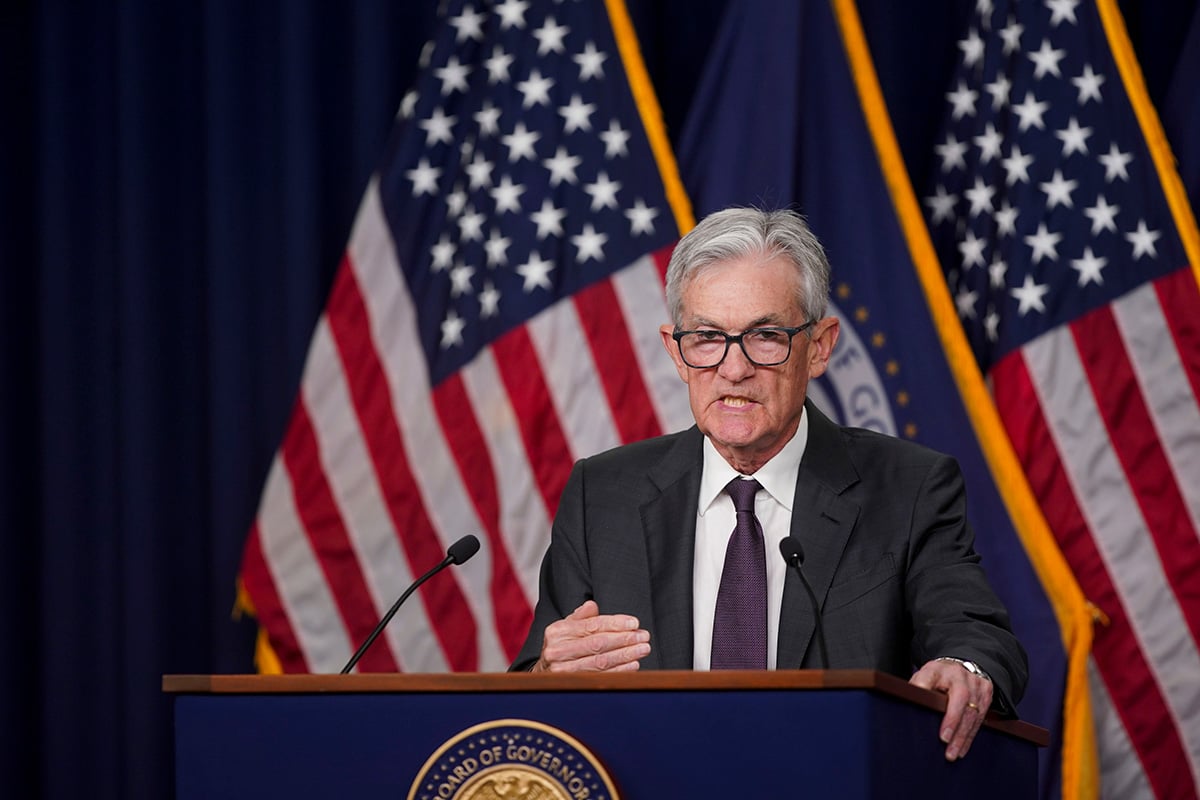Manufacturing growth is slowing from China to Europe, creating a dilemma for central bankers considering higher interest rates to combat inflation.
China's factory index fell to the lowest level since February 2009, while in the 17-nation euro area, a gauge slipped to an 18-month low. German manufacturing expanded at the weakest pace in 17 months, while Italy, Ireland, Spain and Greece contracted. In the U.K. and India, output growth also slowed.
“There is a broad-based slowdown taking place in the manufacturing sector,” Silvio Peruzzo, an economist at Royal Bank of Scotland Plc in London, said by telephone. “But it's still too early to jump on the view that we're heading toward an environment where activity will be contracting.”
Europe's debt crisis and slowing U.S. growth are damping demand for goods, putting pressure on policy makers to delay further rate increases even as prices gain. Inflation quickened to the fastest pace since 2008 in China, exceeded 20 percent in Vietnam last month and sparked protests in India. Euro-area inflation remained at 2.7 percent in June, exceeding the European Central Bank's 2 percent ceiling for a seventh month.
Price pressures have prompted Asian central banks to be among the quickest to withdraw monetary stimulus as growth accelerated following the global recession in 2009. India, South Korea, Thailand and Taiwan raised their benchmark rates last month to contain rising prices, while China ordered lenders to set aside more cash as reserves.
ECB President Jean-Claude Trichet reiterated yesterday that policy makers are ready to raise the benchmark interest rate further from 1.25 percent to fight inflation threats even as governments struggle to contain Greece's debt crisis. They will hold their next monetary policy meeting on July 7 in Frankfurt.
The ECB can “easily” raise rates “without inflicting any pain on the economy, which continues to grow very slowly,” RBS's Peruzzo said.
The China Federation of Logistics and Purchasing said its Purchasing Managers' Index was at 50.9 in June compared with 52 in May. Manufacturing, which accounts for about half of China's economy, is moderating as government policies curb demand for housing and cars, power shortages crimp output and monetary tightening limits company funding.
“The Chinese PMI pointed at both growth and inflation moderation, which likely soothed concerns about excessive monetary tightening ahead,” said Valentin Marinov, a currency strategist at Citigroup in London. “If the Chinese economy slows down further, this could intensify concerns about a hard landing and add to the headwinds for risk appetite.”
The People's Bank of China has paused for 12 weeks in raising benchmark rates, the longest gap since increases began in October. China's inflation was 5.5 percent in May, exceeding the government's annual target of 4 percent.
In South Korea, where export growth slowed to 14.5 percent in June from 22.4 percent in May and a purchasing managers' index by HSBC and Markit Economics eased, consumer-price gains exceeded the central bank's target for a sixth month in June. Prices rose 4.4 percent from a year earlier after a 4.1 percent increase in May, the statistics department said today. The Finance Ministry yesterday cut its 2011 growth forecast to 4.5 percent from 5 percent.
A measure of India's manufacturing output fell to 55.3 in June from 57.5 in May, according to an index compiled by HSBC and Markit Economics. Price gains in the world's second-most populous country may accelerate after the government last week raised the cost of diesel and cooking gas for the first time in a year. The Reserve Bank of India has raised interest rates 10 times since mid-March 2010.
“We are seeing a global slowdown in growth so it may not be necessary for imminent tightening” across Asia, said Frederic Neumann, co-head of Asian economic research at HSBC in Hong Kong. While the easing expansion may curb price pressures, “one big risk for Asia is that inflation remains more sticky than expected and that will reduce the scope for policy accommodation.”
Markit's gauge of euro-area manufacturing tumbled to 52 in June from 54.6 a month earlier. Germany, the region's largest economy, saw its measure fall to 54.6 from 57.7, Markit said, while Greece's reading of 45.5, up from 44.5 in May, “signaled a further solid deterioration in business conditions for Greek goods producers.” A reading below 50 indicates contraction.
U.K. manufacturing growth unexpectedly slowed in June as waning global demand reduced orders. The British gauge fell to 51.3 from a revised 52 in May, the lowest level since September 2009. The median forecast 26 of economists in a Bloomberg News survey was for a reading of 52.3.
“The previously robust recovery in the industrial sector is rapidly losing steam,” Jonathan Loynes, chief European economist at Capital Economics in London, said in a note. “Hopes that a sustained rebalancing of an economy toward the industrial sector would help to offset the weakness of consumer sector are fading fast.”
U.S. manufacturing probably expanded in June at a slower pace as shortages of parts and components from Japan prompted factories to limit production, a separate Bloomberg survey showed. The Institute for Supply Management's manufacturing index is due later today.
Bloomberg
Complete your profile to continue reading and get FREE access to Treasury & Risk, part of your ALM digital membership.
Your access to unlimited Treasury & Risk content isn’t changing.
Once you are an ALM digital member, you’ll receive:
- Thought leadership on regulatory changes, economic trends, corporate success stories, and tactical solutions for treasurers, CFOs, risk managers, controllers, and other finance professionals
- Informative weekly newsletter featuring news, analysis, real-world case studies, and other critical content
- Educational webcasts, white papers, and ebooks from industry thought leaders
- Critical coverage of the employee benefits and financial advisory markets on our other ALM sites, PropertyCasualty360 and ThinkAdvisor
Already have an account? Sign In Now
*May exclude premium content© 2025 ALM Global, LLC, All Rights Reserved. Request academic re-use from www.copyright.com. All other uses, submit a request to [email protected]. For more information visit Asset & Logo Licensing.





